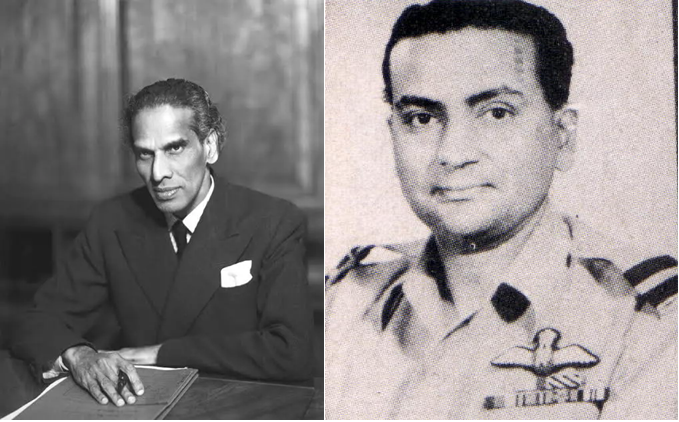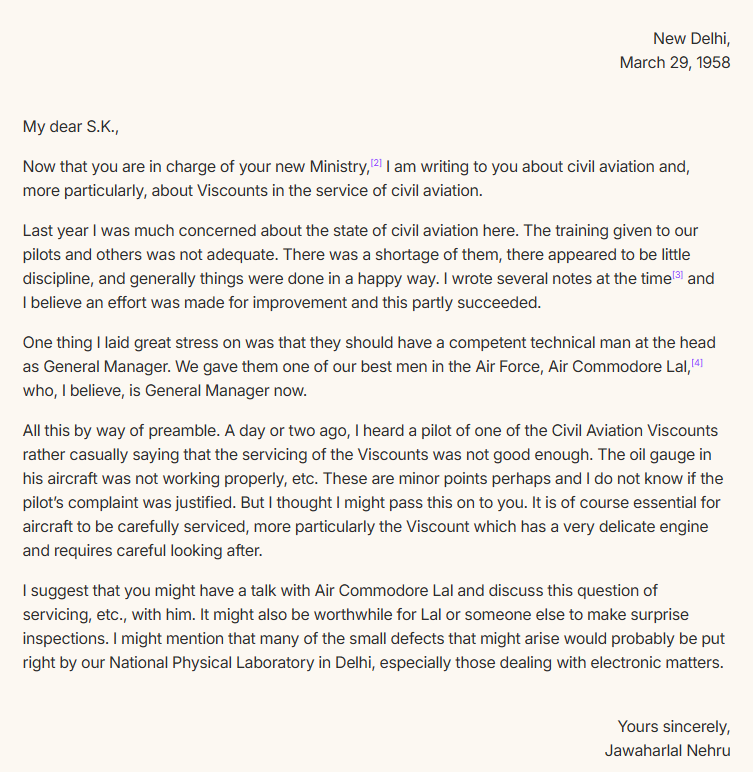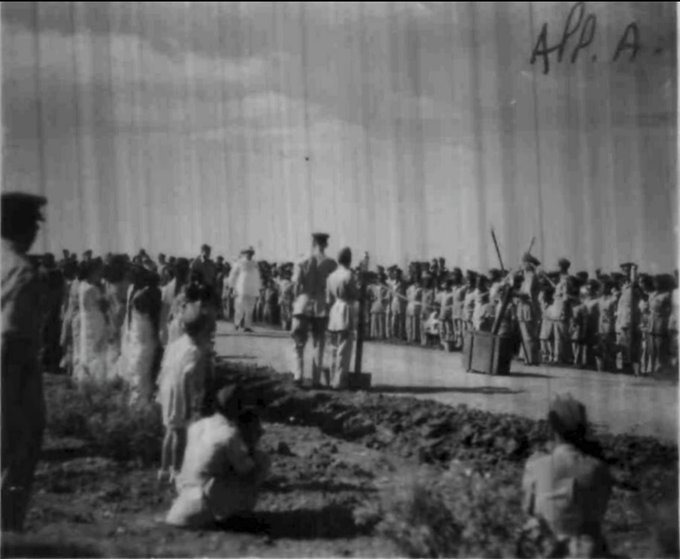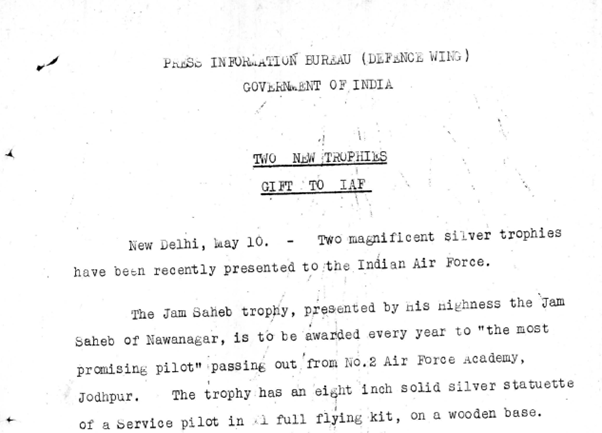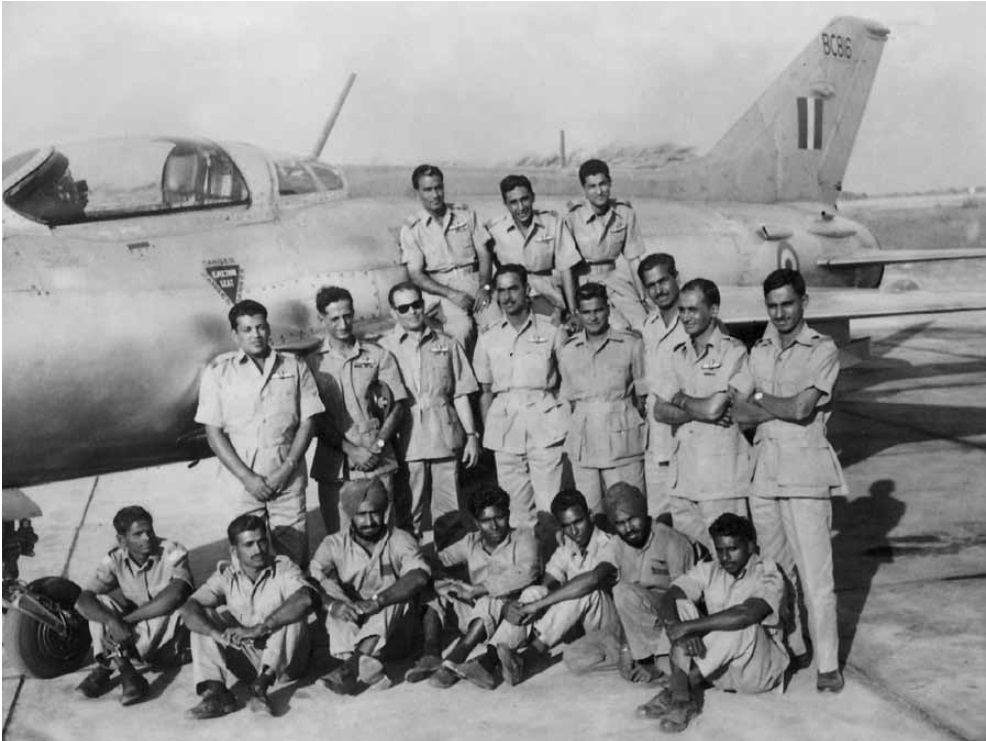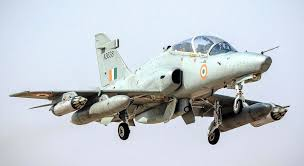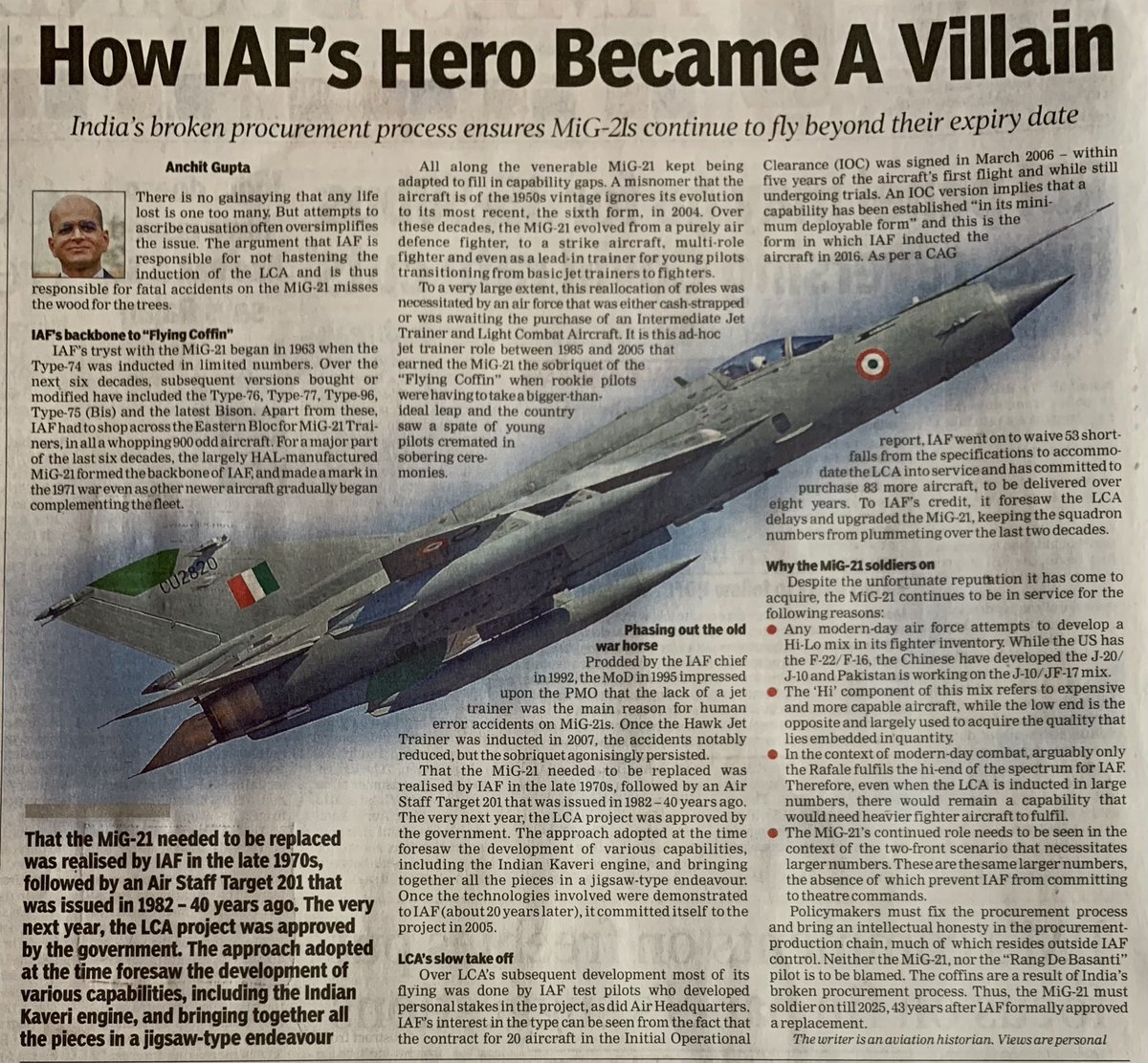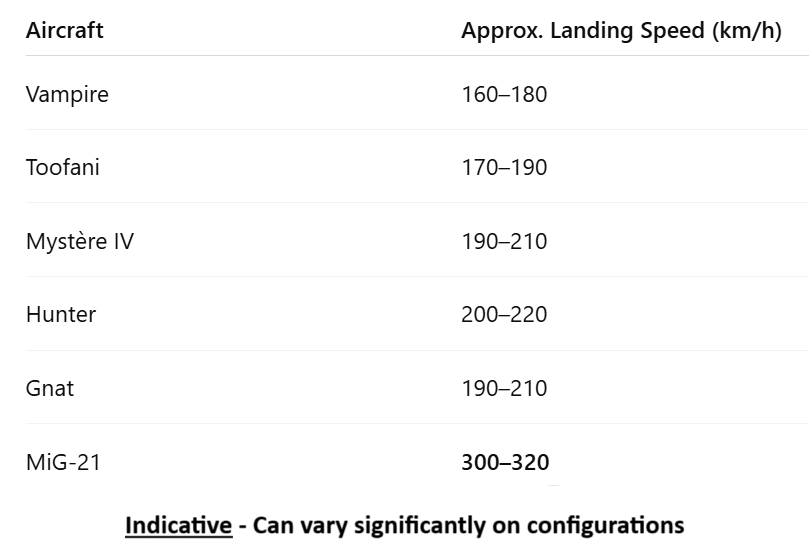Amongst the myriad heroic stories of battles between @IAF_MCC & PAF, the travails & resilience of three scanners at Sakesar, Badin & Amritsar would rate high. This thread revisits the tales of these emitters across the Radcliffe line during the Indo-Pak wars. #IAFHistory (1/26) 

By ’45, as the war ended, Govt (the British) decided to do away with Radars. Radar was considered too advanced for the IAF & radar cover for India was deemed unnecessary. A partitioned IAF & PAF inherited a total vacuum around “eyes in the sky”, and the race was on! 2/
@IAF_MCC modeled its Air Defence on the Brit system. The radars in 1962 consisted of one Type 8 radar, six T-13 radars, seven T-14 & 10 T-15 radars. The meager number of radars did not provide any defence in depth. 3/
https://twitter.com/AnchitGupta9/status/1511888303598931970
As part of its aid program of 1954, PAF went the US way and received two FPS-20 Radar stations with the FPS-6 Height finder. Two stations were set up at Sakesar (Northern Sector) and Badin (Southern Sector). Both opl by 1962, formed the backbone of PAF Air Defence Infra. 4/ 

The 1962 war exposed IAF’s radar weakness but brought the Americans nearer. “Ex–Shiksha” was conducted in Nov 63 to explore cooperation. USAF sent two mobile radar units (MPS11/16) placed in Patiala (311 SU) & Rampurhat (411 SU). These were as good as FPS-20, but mobile. 5/
6 x American Star Sapphire units (500 SU series) with FPS 89 & 100 radars & 12 x Soviet P-30 units (200 SU series) were approved for induction. FPS 100 was a Surveillance Radar & FPS-89 was a HT finding Radar - huge and radomed. This was an advancement on the PAF FPS- 6/20. 6/ 

Despite the acquisition pace, IAF had only operationalized 2xP-30s & 1xStar Sapphire when the 65’ war broke out. 230 SU at Amritsar was one of the two P-30s. It could look deep into Pak territory & was nicknamed “Fish Oil” / “target Alpha” & at the top of the PAF target list. 7/ 

About 100 km North-west of Sargodha, lies a peak of Soan Valley at 4,992 ; PAF selected Sakesar as its Sector Operations Center. By 1961, it was set up with the American FPS-20/6 Radar. It covered the northern region, IAF bases at – Amritsar, Adampur, Pathankot, Halwara. 8/ 

Badin was in Sindh, about 30 km from the IB. As 230 SU, it was also a Sector Operations Center (SOC) plotting inbound contacts & directing fighters. The FPS-6 radar had a 350 km range, giving it a clear look into airfields at Bhuj, Jamnagar, Uttarlai, and Jaisalmer. 9/ 

The P-30 did have one benefit over the FPS-20 Radar – They were mobile and not restricted to a fixed site. Its large lattice and dish aerials could be more easily concealed than the massive FPS-20 domes. This benefit would make a vital difference later. 10/ 

PAF faced two more limitations - the country’s geography dictated that PAF had to field its aircraft at bases within easy reach of enemy a/c (Avg 90 nm/ 11 mins flg time) & poor low-level Radar coverage, leaving large gaps to exploit. It made taking out Amritsar a priority. 11/ 

On 6 Sep 1965, PAF launched msns by the RB-57 Canberra’s to pinpoint its location (Mobile Radar), & yet remained frustrated with this through the war. Dandapani (230 SU CO) had marshalled his resources superbly - controlling ac himself & kept moving his Radar. 12/ 

During the war, 29 msns were launched against it with F-86s, F-104s & RB-57s- using guns, rockets & Napalm, but “Fish Oil” contd churning. In the AA fire, one RB-57 was severely damaged & on 11 Sep, during a 4-ac Sabre attack, Sqn Ldr Muniruddin Ahmad was fatally shot down. 13/ 

The credit for the first Air-to-Air Kill of free India on 3 Sep 65 must be shared with 230 SU which directed the pilots through the melee. The SU was to play a role in most of the 15 odd A-to-A kills claimed by IAF in the western sector. 14/ 

IAF did not go after Sakesar or Badin initially. Even though IAF made an audacious raid on 6 Sep at the Sargodha complex, which was well guarded and supported by the Sakesar radar, they did not attack it. A fab read by @joe_sameer here - 15/tinyurl.com/5xe7hdv4
Towards the war’s end on 19 Sep, 5 sqn, flying Canberra based out of Agra, attempted a near suicidal daylight raid. After over half an hour inside Pakistan territory, due to a drop tank issue with P Gautam’s aircraft, the 2-aircraft mission had to be abandoned. 16/ 

Badin’s radar was photographed on Sep 18 by 106 Sqn. Badin had allowed PAF a free hand in the area, and they attacked Bhuj relentlessly. The decision to attack was hastened when a Sabre shot down an Indian civilian Beechcraft in Indian airspace - 17/tinyurl.com/vkw5jtvx
16 Sqn flying the Canberra under iconic Pete Wilson was tasked for the job on 21 Sep. His plg without fighter escorts, using decoy, resulted in Pete flg 30 feet AGL, destroying the F-6 dome with a rocket. Badin was knocked out -
Post 65 War, both countries intensified efforts to improve the scanners. PAF, though, only upgraded Badin to the FPX-89/100 and then the TPS-43G with a 450 km radius. Sakaser remained same. They also built fake radar sites as decoys. 19/ 

For IAF, P-30s and Star Sapphires were fully opl in the two years after the 65’ war in the accelerated pace of activity, giving it a significant edge in radar coverage compared to PAF. This, though, did not deter PAF from trying to knock out Amritsar in 1971. 20/ 

230 SU returned the same coin – remained ops & claimed kills. It can claim credit for bringing down PAF pilot Amjad Hussain with AAA fire. It was his 3rd attempt to put 230 SU out of action. His capture story - 21/
https://twitter.com/vayusena/status/1245204231507804160
On 5 Dec 71, No 20 & 27 Sqn IAF carried attacked Sakesar radar. The pilots knocked out radar successfully for 3 days, but F-6s of No 25 Sqn PAF vectored on two & shot both down. The Lone third, flown by S/L Jal Mistry, was intercepted by two Mirages & shot down too. 22/ 

The FPS-20 Radar & FPS-6 antennae were badly damaged, while considerable electronic eqpt and cables were destroyed. The radar remained out of ops for three days. A pilot on the raid records his memoirs here -
In the south, on the evening of 4 Dec, 122 Sqn, ac struck Badin after slipping through unseen. The aerial head of the antenna was destroyed, along with damage to the powerhouse & fuel stores. The radar was recovered, with degraded performance, after a day. 24/
On the 13th Dec, Wg Cdr HS Gill, CO of 47 Sqn, flying the MiG-21 FL, attacked Badin from Jamnagar as part of a 4 ac mission. He had done so the day prior as well. Sadly, the AA fire hit his aircraft on this day, and he was killed while others returned. Badin survived. 25/ 

This thread is dedicated to the controllers, crew, technicians, and AA crews that manned these radars and to the valiant efforts of pilots who bravely attacked these heavily defended eagles’ nests, sometimes paying the highest cost. 26/ 

@threadreaderapp unroll
• • •
Missing some Tweet in this thread? You can try to
force a refresh


